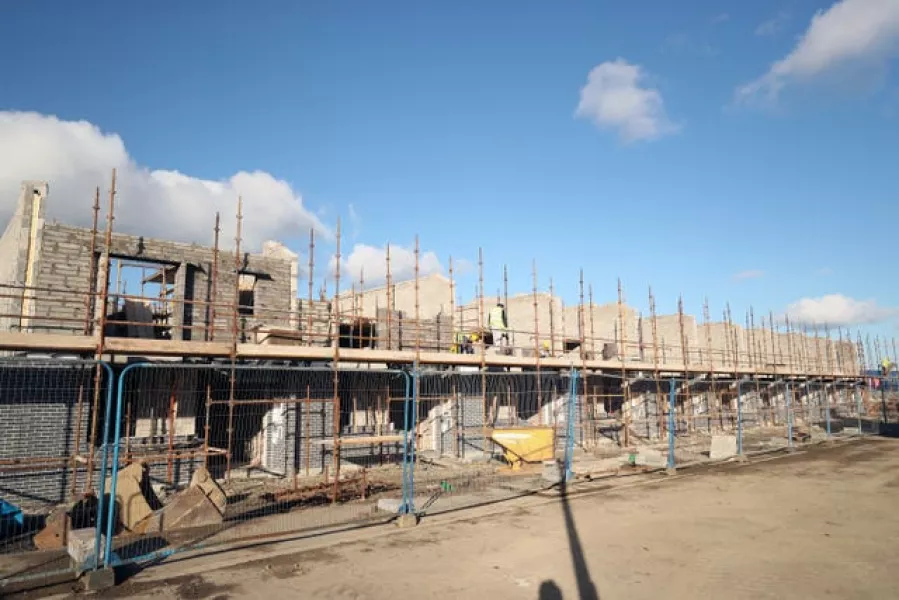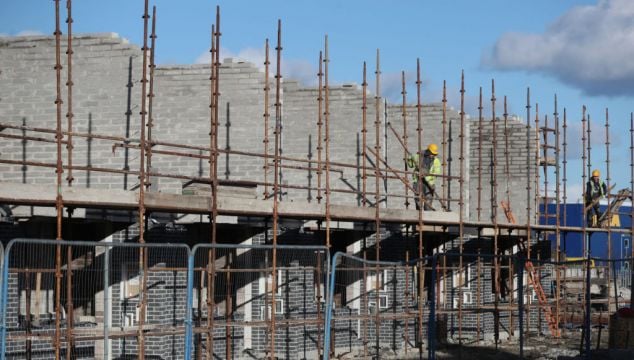The number of staff working in planning offices needs to be dramatically increased to meet rising demands on local authorities, the industry regulator has said.
Niall Cussen said staff are fully stretched and often have to work late to meet tight planning deadlines.
Launching the annual report of the Office of the Planning Regulator (OPR), Mr Cussen said there needs to be “deeper capacity” within the local authority system.
The State’s independent oversight body for planning also said more training is needed for local authority staff because of the complexity of the planning code.
Mr Cussen said it is clear local authorities are becoming “very, very hard-stretched” with a wide number of briefs.
He said these include housing, climate, infrastructure delivery, and managing the implementation of multibillion euro capital programmes, like the urban and rural regeneration funds.
“It is becoming apparent to us that there is probably an approaching need to look at the deeper capacity of the local authority system,” Mr Cussen added.
As part of the Housing for All plan, the Government has committed to deliver 33,000 housing units each year over the next decade, in a mix of social, affordable and private developments for sale and rent.
Mr Cussen said there are currently 20,000 homes built a year, which involves a process of preparing development plans and assessing planning applications.
“We know we have to get to 33,000, so we have to increase that by at least half, if not even more again,” he added.
“I suppose the present system is quite heavily worked. We would have many anecdotal stories of local authorities staff often working late and at extended hours to complete their work.
“Planning process works within very tight timeframes and planning authorities have to make decisions within statutorily prescribed timeframes.
“Sometimes staff have to stretch to deliver on those schedules.
“If they’re fully stretched or certainly approaching fully stretched as it is, and we have to increase our housing output by at least half again, if not more, then the level of investment and resources needs to be contemplated in the local authority system.”
He also said there is a need to improve ICT systems.
As flagged in its annual report, there are three different computer systems used by local authorities.

“They don’t really talk very effectively to each other, and it’s now very much timely that there is investment in the back office operations, and the ICT systems,” he added.
He said an improved ICT system would take some tedious or time-consuming administrative tasks away from staff and allow them to focus on other aspects of the planning process.
In its annual report, the regulator also found that the number of complaints about the planning system increased in the last year to 119, up from 54 in 2019.
A total of 19 complaints were investigated, with three upheld, but this is set to increase following the completion of other investigations.







